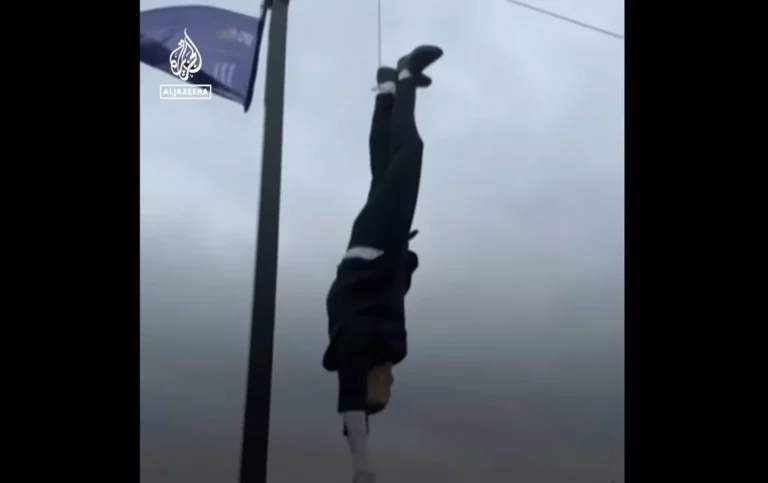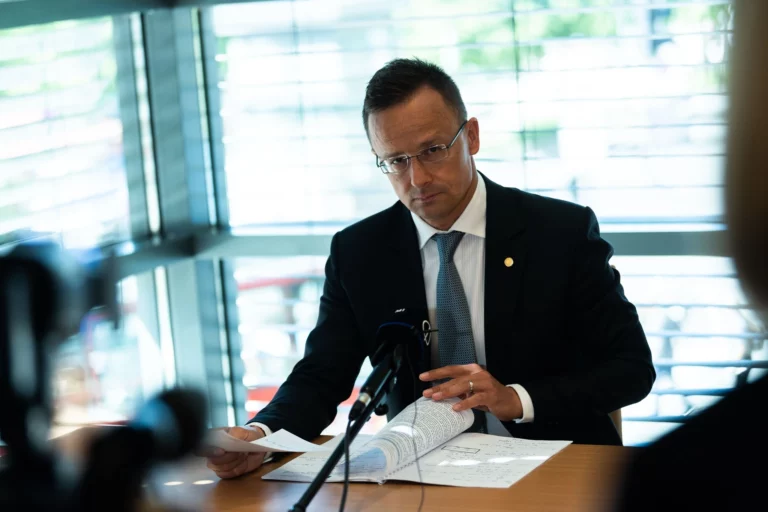Sweden
Sweden and Finland NATO accession: whose interests does Orbán represent?

Hungarian, Swedish parliamentary delegations to meet within weeks

Here are the decisions of the ruling parties concerning the war, gender issues, NATO

Hungary will veto Finland’s and Sweden’s NATO accession?

Wizz Air passengers acted weird on ground: after the take off, all hell broke loose

Wizz Air closes flights from Budapest, Debrecen

650 employees fired, Swedish appliances maker ceases production

Hungarian foreign minister furious because of hanged Erdogan

Here is when the Hungarian Parliament can vote on Finland and Sweden’s NATO accession

All eyes on Hungary: PM Orbán will baulk NATO expansion?

RoadPol elects Hungarian officer head

Sweden and Finland afraid that Hungary will veto their NATO-accession

Hungarian Parliament not yet to vote on ratification of Sweden and Finland’s accession to NATO

Chaos at Wizz Air: passengers who were heading to Budapest were stuck in Stockholm

What do Hungarian expats miss the most about home?

Fire broke out on a Wizz Air flight in Budapest!

Minister to NATO: sanctions hurting us more than Russia are pointless

Orbán to hinder Sweden and Finland from joining NATO?





 ZH
ZH IT
IT DE
DE HR
HR NL
NL FR
FR JA
JA RO
RO RU
RU ES
ES TR
TR
